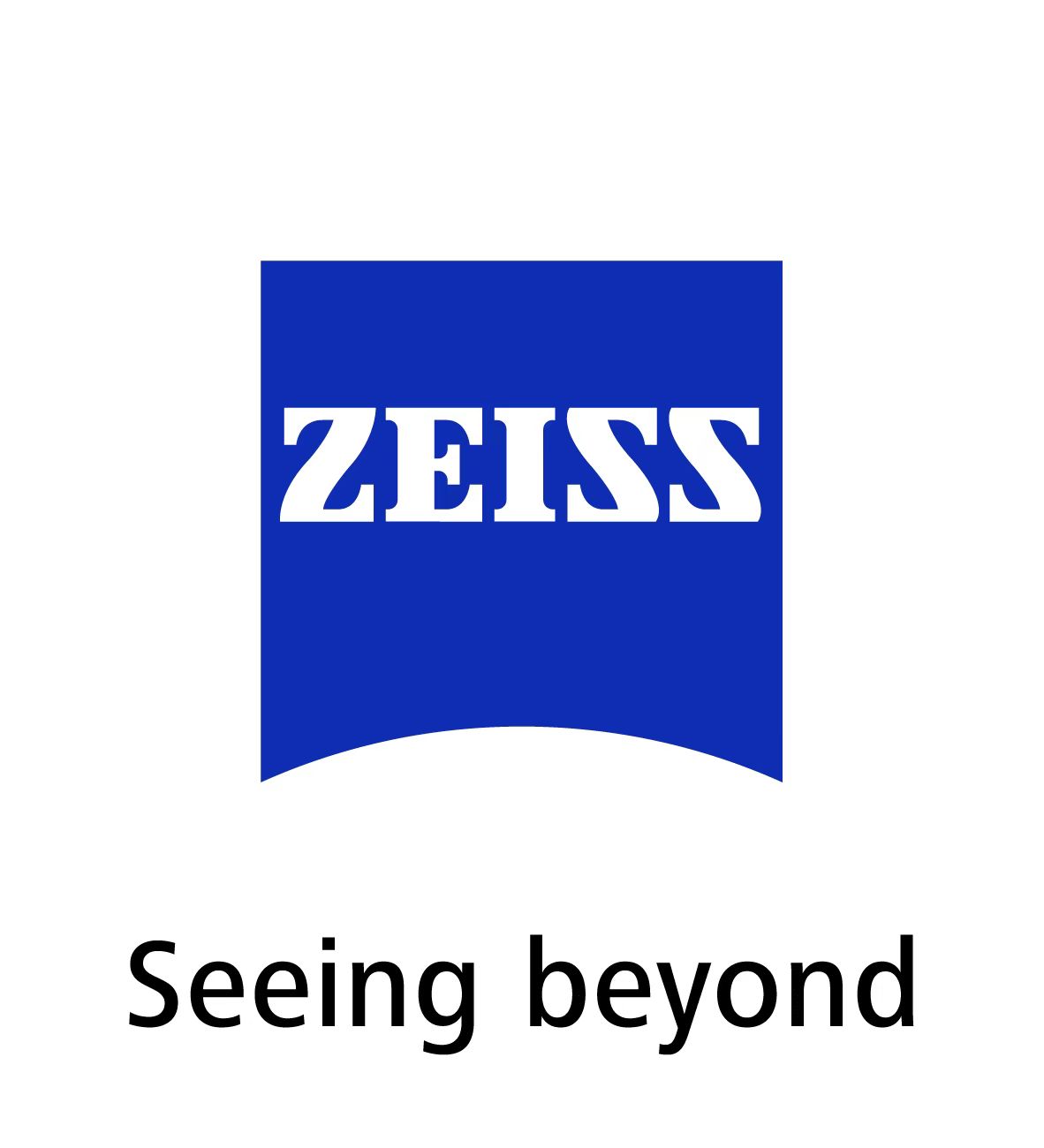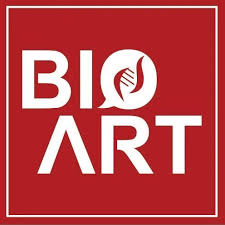OVERVIEW
The Cell Organization & Genome Integrity conference is a pioneering event that brings together leading experts from around the globe to discuss the latest advancements and breakthroughs in the field of cellular biology, focusing on the intricate organization within cells and the critical importance of maintaining genome integrity. This conference aims to shed light on the complex mechanisms that ensure cellular function and genetic fidelity, which are fundamental to the health and viability of living organisms.
At the heart of cellular organization are the dynamic structures and processes that orchestrate the spatial and temporal coordination of cellular components. This includes the cytoskeleton, organelles, and the intricate pathways that facilitate biomolecule synthesis, modification, and trafficking. Understanding how cells maintain their internal organization and respond to external signals is crucial for unraveling the mysteries of cellular functionality and disease pathology.
Genome integrity, on the other hand, is a cornerstone of cellular and organismal health, underpinning the accurate transmission of genetic information and safeguarding against genetic disorders. The conference will delve into the sophisticated molecular mechanisms cells employ to repair DNA damage, replicate their genomes faithfully, and prevent genomic instability. Innovations in genome editing technologies, particularly CRISPR/Cas9, alongside traditional genetic and biochemical approaches, have revolutionized our understanding of these processes, offering new insights into their roles in cancer, aging, and a wide spectrum of genetic diseases.
Participants will have the unique opportunity to explore the interconnectedness of cell organization and genome integrity, uncovering how disruptions in these fundamental aspects can lead to various diseases. The conference will highlight cutting-edge research and innovative methodologies that are uncovering the molecular underpinnings of cellular structure and genetic maintenance. Through keynote speeches, panel discussions, and poster sessions, attendees will engage in stimulating discussions, fostering collaborations that could pave the way for novel therapeutic strategies and interventions.
The Cell Organization & Genome Integrity conference is not only a platform to showcase groundbreaking research but also a forum to discuss the potential translational applications of these scientific discoveries. By highlighting the potential of targeting specific cellular and genetic mechanisms for disease management, the conference aims to inspire the development of new treatments and technologies that could revolutionize healthcare. Join us in exploring the fascinating world of cell organization and genome integrity, where the mysteries of life at the microscopic level are unraveled, promising exciting possibilities for the future of medicine.
ORGANIZERS
Robert Zhong QI, HKUST(GZ)
Lingluo CHU, HKUST(GZ)
TOPICS:
- Cell Cycle and Genome Instability
- Cell Structure and Organelle Function
- Chromatin Architecture and Epigenetics
- Chromatin Architecture and Chromosome Morphogenesis
- Cell Proliferation and Meiosis
- Cell Signaling and Neuromodulation
- Cell Fate and Homeostasis Regulation
- Genome Integrity and Tumorigenesis
Keynote speaker:
Nancy Kleckner, Harvard University, USA
Invited speakers (Sort alphabetically by family name):
Lin DENG, Shenzhen Bay Laboratory, Chinese Mainland
Chuanhai FU, University of Science and Technology of China, Chinese Mainland
Zhenglong GU, Greater Bay Area Institute of Precision Medicine (Guangzhou),Chinese Mainland
Mu HE, The Hong Kong University, Hong Kong , China
Kai JIANG, Wuhan University, Chinese Mainland
Keun Kim, Chung-Ang University, South Korea
Haitao LI, Tsinghua University, Chinese Mainland
Xiang David LI, The Hong Kong University, Hong Kong , China
Xiaomeng LI, The Hong Kong University of Science and Technology (Guangzhou), Chinese Mainland
Zhuoyi LIANG, The Hong Kong University of Science and Technology (Guangzhou), Chinese Mainland
Qiaojin LIN, The Hong Kong University of Science and Technology (Guangzhou), Chinese Mainland
Chenli LIU, Shenzhen Institute of Advanced Technology, Chinese Academy of Sciences, Chinese Mainland
Xing LIU, University of Science and Technology of China, Chinese Mainland
Zhen LIU, The Hong Kong University of Science and Technology, Hong Kong , China
Kazuhiro Maeshima, National Institute of Genetics, Japan
Tadasu Nozaki, Harvard University, USA
Randy Yat Choi Poon, The Hong Kong University of Science and Technology, Hong Kong , China
Robert Zhong QI, The Hong Kong University of Science and Technology (Guangzhou), Chinese Mainland
Kunsoo Rhee, Seoul National University, South Korea
Yang Shen, The Hong Kong University of Science and Technology (Guangzhou), Chinese Mainland
Akira Shinohara, Osaka University, Japan
Li TAO, The Hong Kong University of Science and Technology (Guangzhou), Chinese Mainland
Jeff Shih Chieh TI, The Hong Kong University, Hong Kong , China
Fangwei WANG, Zhejiang University, Chinese Mainland
Jiguang WANG, The Hong Kong University of Science and Technology, Hong Kong , China
Shunxin WANG, Shandong University, Chinese Mainland
Siyuan WANG, Yale School of Medicine, USA
Jun XIA, The Hong Kong University of Science and Technology (Guangzhou), Chinese Mainland
Peng XIA, Zhejiang University, Chinese Mainland
Ruiming XU, Institute of Biophysics, Chinese Academy of Sciences, Chinese Mainland
Zhenye YANG, University of Science and Technology of China, Chinese Mainland
Xuebiao YAO, University of Science and Technology of China, Chinese Mainland
Kai YUAN, Central South University, Chinese Mainland
Haoyue ZHANG, Shenzhen Bay Laboratory, Chinese Mainland
Zheng ZHANG, Shenzhen Institute of Synthetic Biology, Chinese Academy of Sciences, Chinese Mainland
HOST
The Hong Kong University of Science and Technology (Guangzhou)
CO-ORGANIZERS
Chinese Society for Cell Structure and Behavior, Chinese Society for Cell Biology
The International Collaboration Committee, Chinese Society for Cell Biology
Conference Web: cogi.hkust-gz.edu.cn
Conference Email: cogi.bsbe@hkust-gz.edu.cn
Call No.: (+86) 020-88335601






